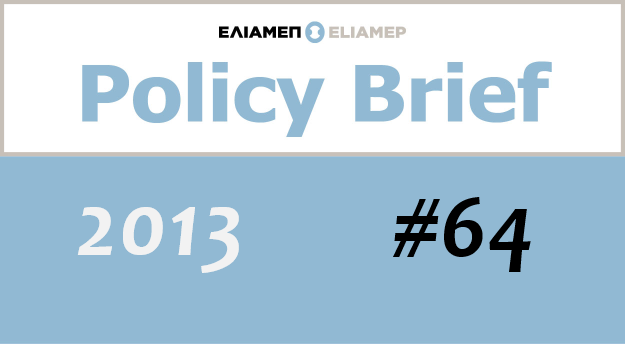On the 1st of July 2013, Croatia is set to become the 28th member of the EU after the successful closure of a prolonged process of accession negotiations, which started back in March 2005. Two decades after the end of the Yugoslav wars, and during a time when many in Western Europe grumble about the “reckless” EU enlargement that goes on autopilot, Croatia is believed to have implemented all of its commitments that would secure entry pass into the European community. In fact, Croatia has gone through an often bumpy and exceptionally demanding road in order to adopt standard institutional and administrative reforms, and settled a number of non-acquis issues raised by the European Council, such as full cooperation with the ICTY over the prosecution, and later acquittal, of indicted with war crimes fugitive general Ante Gotovina and special police force commander Mladen Markac. Furthermore, Croatia was pressed to overcome a long-standing maritime border dispute with Slovenia in the Gulf of Piran, which in December 2008 resulted in a temporary stalling of entry negotiations due to the Slovenian blockade.
In a sudden turn of events, the European Commission’s October 2012 progress report raised additional concerns over the readiness of Croatia to enter the EU, and requested further efforts to be made in ten policy areas. Also, the
European Commission had recently succumbed to grievances by the German Bundestag, which raised a few additional, though minor points for Croatia to accomplish swiftly before its accession in July. Previous issues over Romania and Bulgaria’s accession process created a worrying precedent for Europe’s cohesion, which in turn raised concerns over Croatia’s EU entry to alarming levels. In an effort to minimize post-accession turbulence, the Commission urged the Croatian government to undertake imminent action to improve the efficiency, transparency, and accountability of the judicial system. The Commission pinpointed the necessity to strengthen the pursuit of cases related to war-crimes, to ensure the effective prosecution of those involved with cases related to organized crime and to reinforce legislative measures in the fight against corruption. Furthermore, the Commission highlighted a series of outstanding political matters that required additional reform, including the protection of minorities, the safe return of refugees, and the protection of human rights. In the end, Croatia has ultimately succeeded in making these changes and to pass through this process of constant adjustment and review, obtaining a final accession date.
Author: Pavlos Koktsidis – Research Associate, South-East Europe Programme, ELIAMEP, Greece
ELIAMEP Briefing Notes 18/ 2013: Croatia’s Odyssey: The Path and Prospects of a new EU Member



